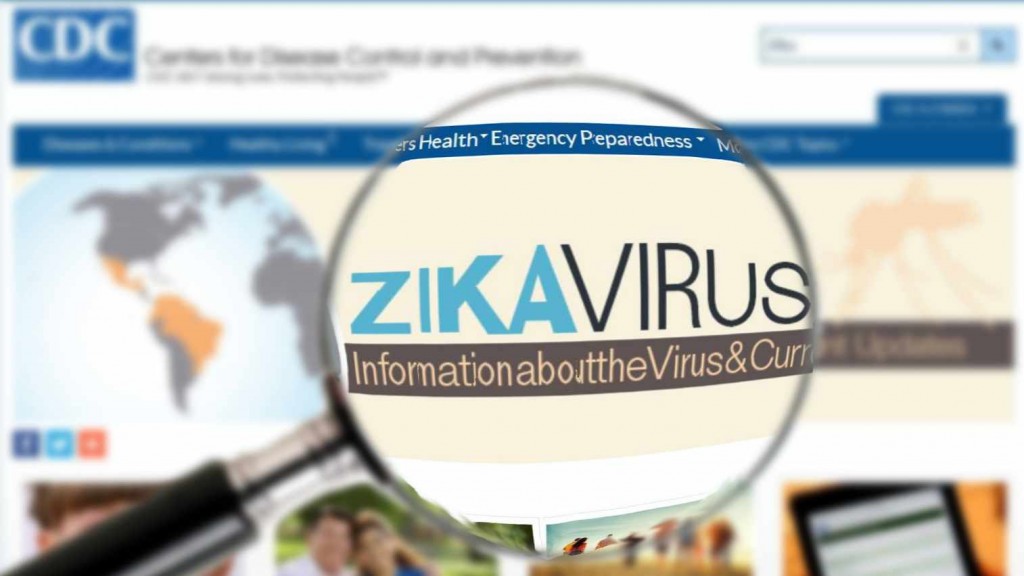The Centers for Disease Control and Prevention (CDC) recently updated its guidelines to help couples who are thinking about pregnancy after exposure to Zika virus. The virus, which has been linked to microcephaly — a birth defect which leaves the child with a signficantly smaller head than normal — typically is spread through the bite of an infected mosquito; however, it also can be spread from mother to child, and through sexual contact.
The new guidelines recommend men who have contracted Zika virus delay having unprotected sex for at least six months after symptoms. Mayo Clinic infectious diseases specialist Dr. Pritish Tosh adds, "Abstinence from sexual activity is ideal or the use of barrier protection such as condoms. The reason is that the virus can live longer in semen than it can in blood. Because for potential latency of the virus, especially in the semen, the recommendation from the CDC is that for men who have had Zika virus symptoms wait at least six months before engaging in any unprotected sexual activity."
Watch Dr. Pritish Tosh explain the guidelines.
https://youtu.be/i2d8PnBhTOE
CDC Guidelines include:
- Women who have Zika virus should wait at least eight weeks after symptom onset to attempt conception.
- Men with Zika virus should wait at least six months after symptom onset to attempt conception.
- Men and women with possible exposure to Zika, but without clinical illness consistent with to the virus, should wait at least eight weeks after exposure to attempt conception.
- Men and women who reside in Zika endemic areas should talk with their health care provider about attempting conception.
Dr. Tosh calls the updated guidelines a critical piece of information that health care providers have been awaiting. He says the new CDC recommendations give clear evidence-based guidance for delaying pregnancy after exposure to Zika virus.
Related stories:
- Should Women Wait to Get Pregnant If Traveling to Zika Endemic Area? (March 15, 2016)
- Developing a Vaccine to Protect Against Zika Virus (March 8, 2016)
- Mayo Clinic Begins Development of Zika Virus Vaccine (March 7, 2016)
- Further Investigation Needed on Zika Link to Guillain-Barré Syndrome (March 3, 2016)
- Zika Virus and Microcephaly: Need for More Research (Feb. 22, 2016)
- Guillain-Barre Syndrome and Zika: Is There a Connection? (Feb. 17, 2016)
- Zika Virus Impacts Blood Donations (Feb. 5, 2016)
- Transmission of Zika Virus and Dangers of Mosquitoes (Feb. 4, 2016)
- WHO Says Microcephaly-Zika Virus Link International Emergency (Feb. 1, 2016)
- Mayo Clinic Minute: Zika Virus (Jan.21, 2016)








